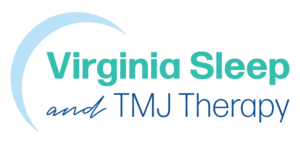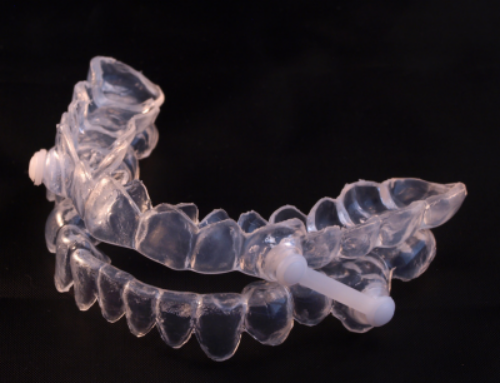Understanding the causes and risk factors of sleep apnea is important for early detection and management of the condition.
Causes of Sleep Apnea
There are three main types of sleep apnea: Obstructive Sleep Apnea (OSA), Central Sleep Apnea (CSA), and Complex Sleep Apnea Syndrome (CompSAS). The causes of each type of sleep apnea are different, but they all result in interruptions in breathing during sleep.
Obstructive Sleep Apnea (OSA) is the most common type of sleep apnea and occurs when the airway becomes blocked during sleep. The blockage can be caused by the collapse of the soft tissue in the back of the throat, such as the tongue and soft palate.
Central Sleep Apnea (CSA) occurs when the brain fails to signal the muscles to breathe. This type of sleep apnea is less common and can be caused by a number of factors, including stroke, heart failure and brainstem injury.
Complex Sleep Apnea Syndrome (CompSAS) is a combination of both OSA and CSA. This type of sleep apnea is less common and can be more difficult to diagnose and treat.
Risk Factors of Sleep Apnea
There are several factors that can increase the risk of developing sleep apnea, including:
- Age: Sleep apnea is more common in people over the age of 40, although it can occur at any age.
- Gender: Sleep apnea is more common in men than in women.
- Obesity: Being overweight or obese increases the risk of sleep apnea.
- Family history: Sleep apnea can run in families and may be hereditary.
- Smoking: Smoking can cause inflammation in the airway and increase the risk of sleep apnea.
- Alcohol and sedative use: Alcohol and sedatives can relax the muscles in the airway and increase the risk of sleep apnea.
- Nasal congestion: Nasal congestion can make it difficult to breathe through the nose, increasing the risk of sleep apnea.
- Medical conditions: Certain medical conditions, such as heart disease, stroke and diabetes, can increase the risk of sleep apnea.
If you suspect that you or a loved one may have sleep apnea, it’s important to speak with a doctor to determine the best course of treatment. Contact our team at Virginia Sleep & TMJ Therapy. We help people get the care and treatment they need to improve their overall health and quality of life!





